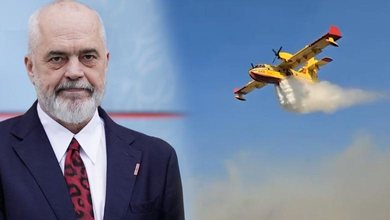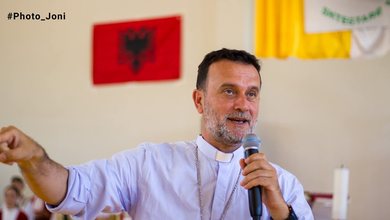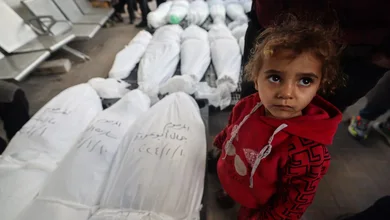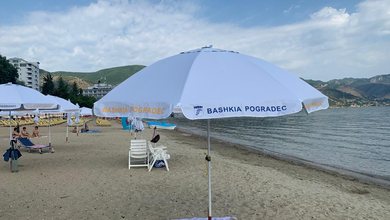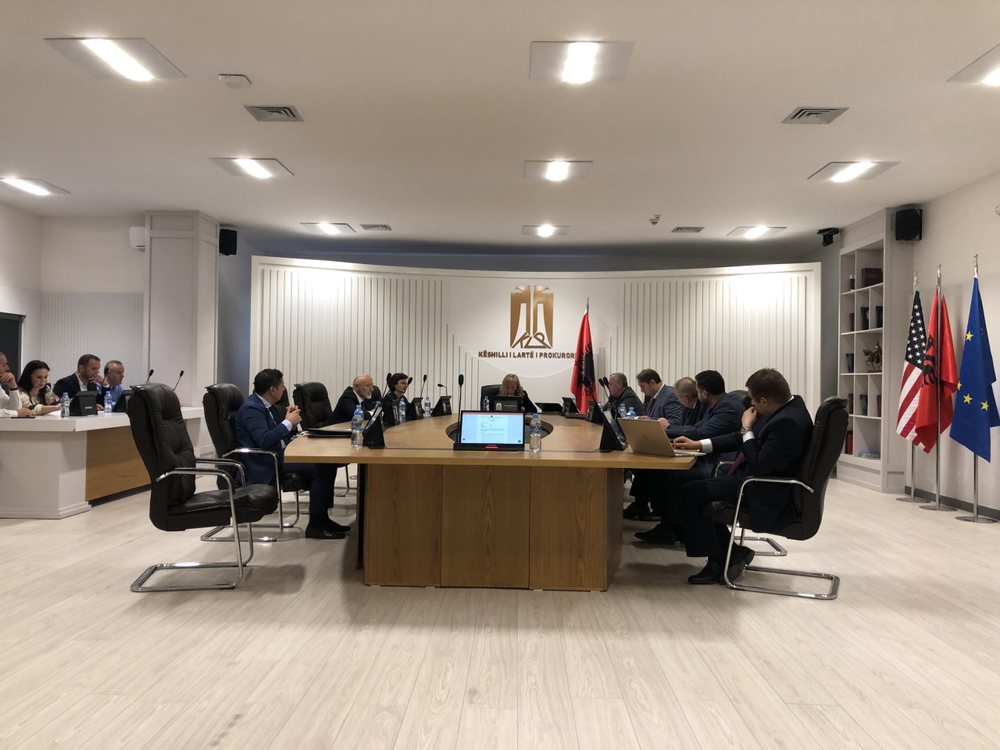
By Eris Leka
The High Prosecutorial Council (KLP), one of the most important institutions of the new justice system, is today the clearest example of political capture, deliberate passivity and silence agreed to by the government. Instead of protecting the independence of prosecutors, it is directly contributing to the death of any illusion of impartial justice in Albania.
On August 23, Reporter.al published a clear and courageous analysis of the silence of the justice institutions in the face of the Prime Minister’s repeated and aggressive attacks on judges. The article raises a deep concern, but fails to fully name the main culprit within the system itself: the High Prosecutorial Council.
Because at a time when justice is publicly attacked, institutionally attacked and professionally isolated, the silence of the KLP is not simply passivity – it is a betrayal of the constitutional mandate and complicity with the state’s captors.
An institution that no longer represents justice, but the majority,
the KLP is no longer a body that guarantees the independence of prosecutors. Today it is a politically infiltrated structure, operating in the interests of the ruling party. It is enough to look at the composition: members proposed by the SP, advisors with a political past, staff originating from the clientelistic networks of the socialist administration.
This is the complete compromise of the institution. The KLP is no longer a guardian of justice, but an institutional extension of the majority.
Chairmen who remain silent are not wrong – they are carrying out orders
. The Chairwoman and Vice Chairwoman of the KLP have not failed due to incompetence. They have chosen to remain silent because they know that silence serves those who appointed them. The Prime Minister's attacks on the judiciary, which in any normal country would cause immediate reactions from the justice bodies, in Albania pass without a word from the KLP.
This silence is not neutral. It is frightening evidence that political control over the judiciary is now total.
Appointments and transfers – the next bargain
In theory, the KLP decides on prosecutors’ careers based on merit and professional integrity. In practice, its decisions are a scheme of rewards for the obedient and punishments for the independent. Prosecutors who do not bend are transferred to the periphery. Those who are “safe” are appointed to key positions.
This is not justice reform. This is political bargaining in the function of protecting corruption and controlling investigations.
Lack of transparency is the strategy itself
Minutes are not published. Decisions remain obscure. Justifications are redacted. The KLP hides any trace that could expose the political motives of its actions. And this is not a technical failure – it is a strategy to maintain the appearance of a “neutral” institution, when in fact it is completely politically positioned.
The KLP does not remain silent because it does not know what to say – it remains silent because it cannot speak.
When justice is attacked, an institution with integrity would react immediately. But the KLP does not have this luxury – because it is a hostage of those who built it to be silent. Therefore, every time the Prime Minister belittles justice, threatens judges, mocks prosecutors or publicly attacks SPAK, the KLP remains silent – because it is part of the same political scheme that aims to control justice.
Who protects justice from those who should protect it?
Faced with this situation, it is no longer enough to criticize the Prime Minister for his words or behavior. The biggest problem is that the system that should defend itself has capitulated from within. And in this capitulation, the KLP has the most important and shameful role.
An institution that does not react, does not defend, does not oppose and does not speak out, is an institution that does not exist as a guarantor of justice – but as a guarantor of impunity.
A call for accountability, not for reform from above
The KLP cannot be reformed by itself. It must be publicly exposed, placed under social and international pressure, and held accountable for every decision that has produced political capture.
Because if it is not stopped now, this institution will turn into a permanent factory of injustice, hidden behind the banner of justice reform.
Justice does not die from a harsh word from the Prime Minister. Justice does not die from an attack in the media either.
Justice dies when those who should defend it choose to remain silent.
Today, the KLP is silent. And this silence is killing justice.



